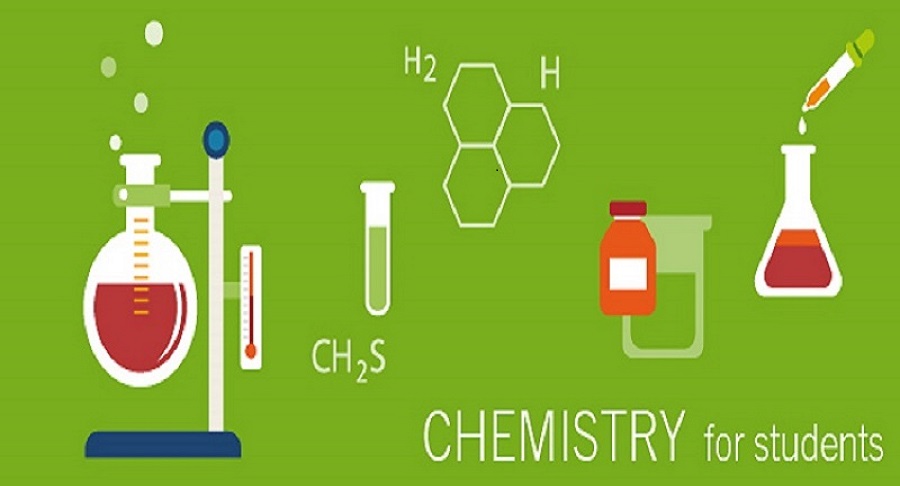




 08/01/2023
08/01/2023
Students will face a variety of difficulties as they go through the IGCSE Chemistry curriculum, all of which need a solid grasp of scientific ideas and tenets.
Students must overcome a number of challenges in order to succeed in this topic, from the difficulty of chemical equations to the application of theoretical knowledge in actual experiments, and all with the help of an IGCSE Chemistry tutor from IBGA.
Comprehension of the abstract character of chemical principles is one of the main difficulties of IGCSE Chemistry. The periodic chart, atomic structure, and basic chemical bonds must all be understood by students.
Due to the fact that they involve comprehending things that cannot be directly witnessed, these notions frequently necessitate a change in perspective from concrete to abstract.
Examples of concepts that might be particularly difficult for students to grasp include visualizing the arrangement of atoms in a molecule or comprehending the idea of electron orbitals.
Stoichiometry and complicated chemical equations are introduced in the IGCSE Chemistry curriculum. Mathematical abilities and great attention to detail are required for balancing equations and comprehending the mole idea.
This part of the course causes many students difficulty since it necessitates the proper application of mathematical calculations in addition to conceptual comprehension.
Additionally, it is very important to be able to evaluate and anticipate the results of chemical reactions, which frequently necessitates a thorough comprehension of the underlying concepts.
Another set of difficulties is presented by practical practice in IGCSE Chemistry. Precision and focus on detail are necessary for conducting experiments safely, precisely documenting data, and reaching reliable results.
Students also need to be able to critically evaluate the data, link the experiments to theoretical ideas, and comprehend the underlying principles of the investigations. Because it challenges students to put their knowledge into practice in a real-world situation, this blending of theoretical and practical work can be intimidating.
The IGCSE course provides pupils with a variety of difficulties. Students must overcome a number of challenges to succeed in this topic, such as comprehending abstract concepts, solving difficult mathematics, doing experiments, memorizing material, and efficiently managing their time.
However, these difficulties may be addressed with persistence, useful study techniques, and instructor help. Students can improve their ability to solve problems and succeed in IGCSE Chemistry by having a thorough grasp of the topic and its guiding principles.
Getting Ready for Success with the help of an IGCSE Chemistry tutor in India: Crucial IGCSE Chemistry Study Techniques
Students who want to succeed in IGCSE Chemistry must devise efficient study techniques that maximize their retention of and comprehension of the material. Here are a few crucial methods to assist children in getting ready for success: